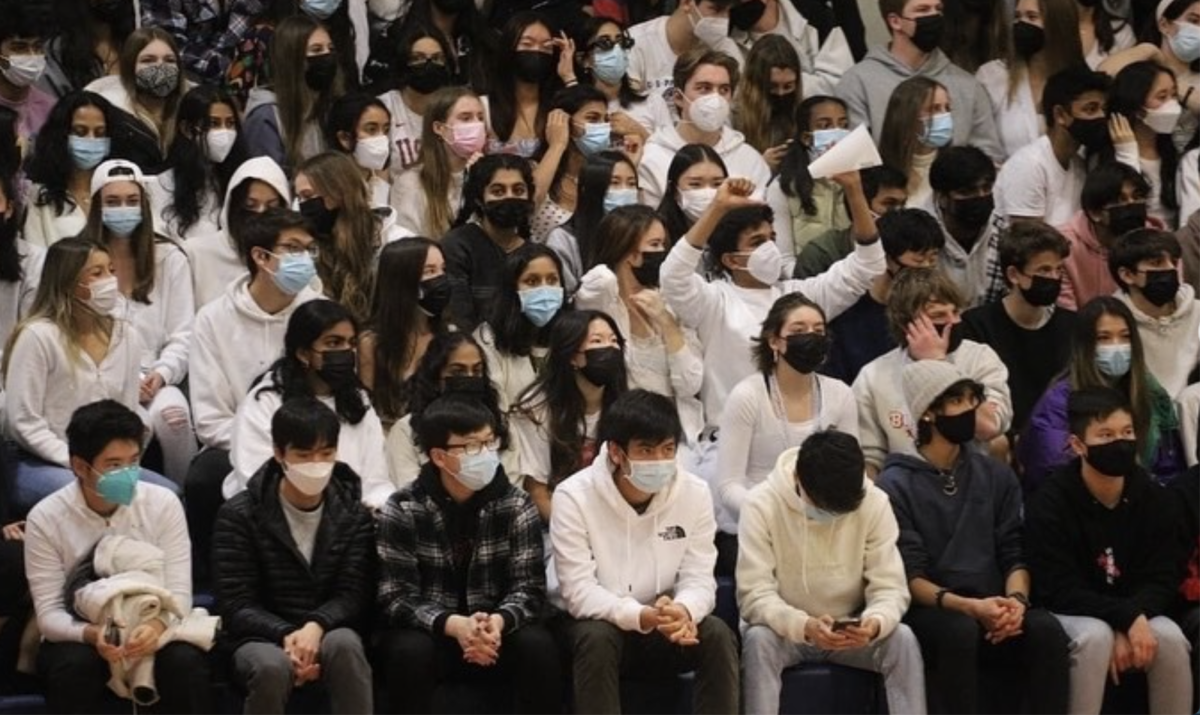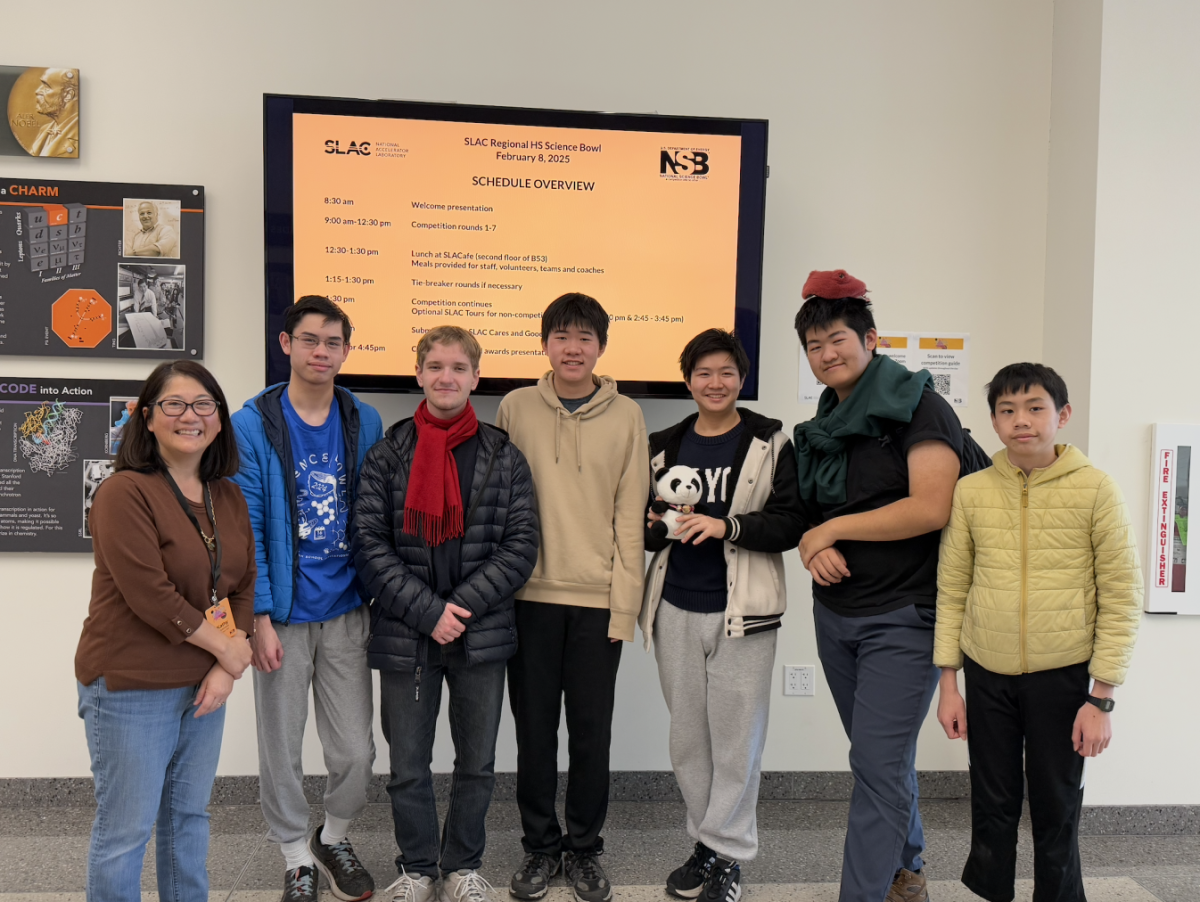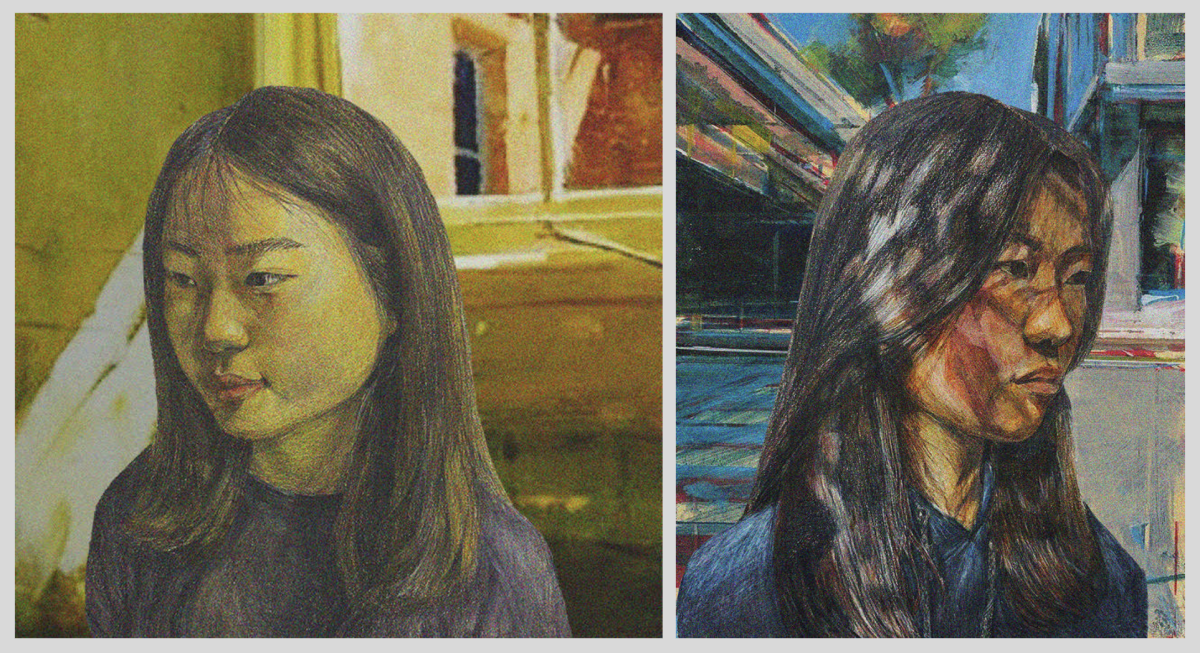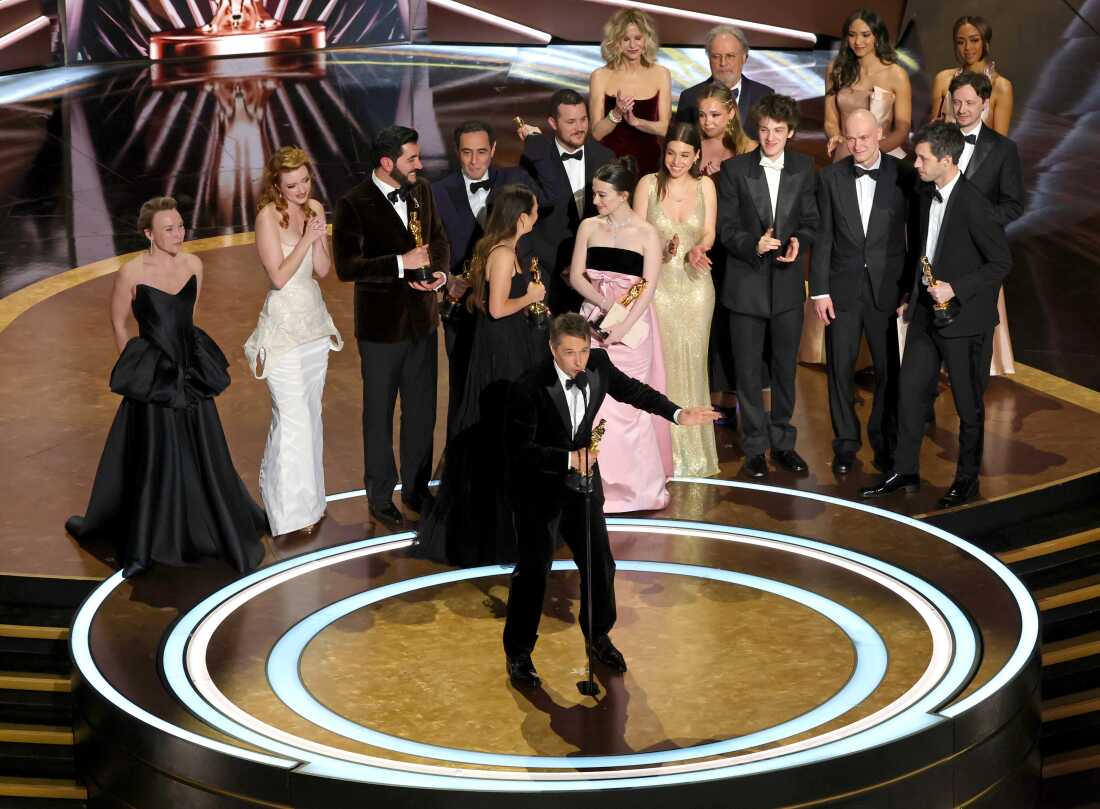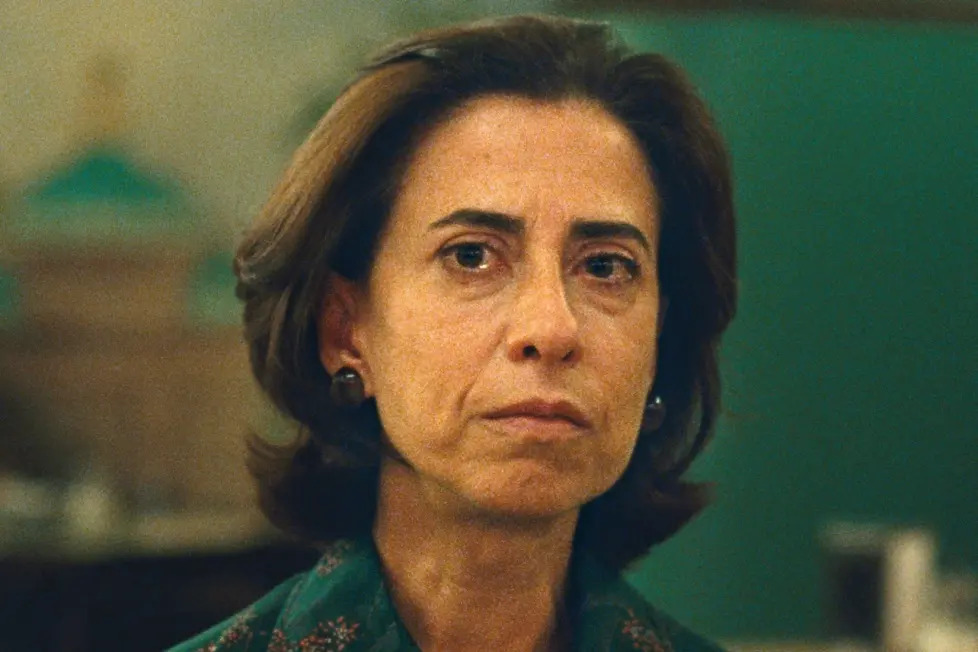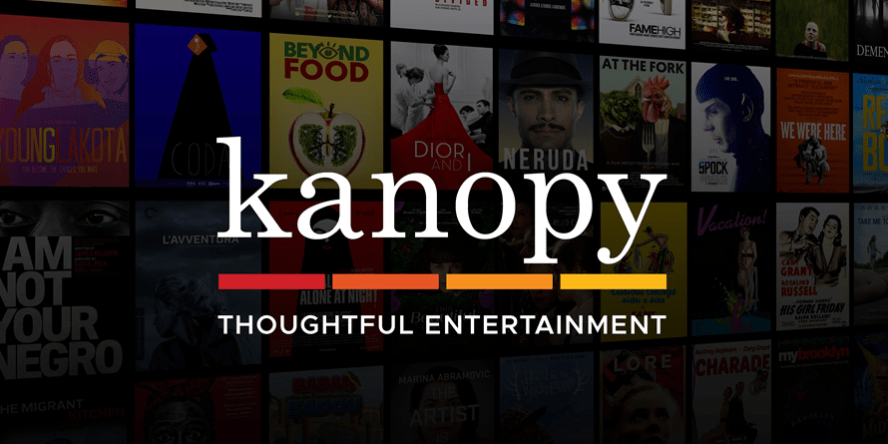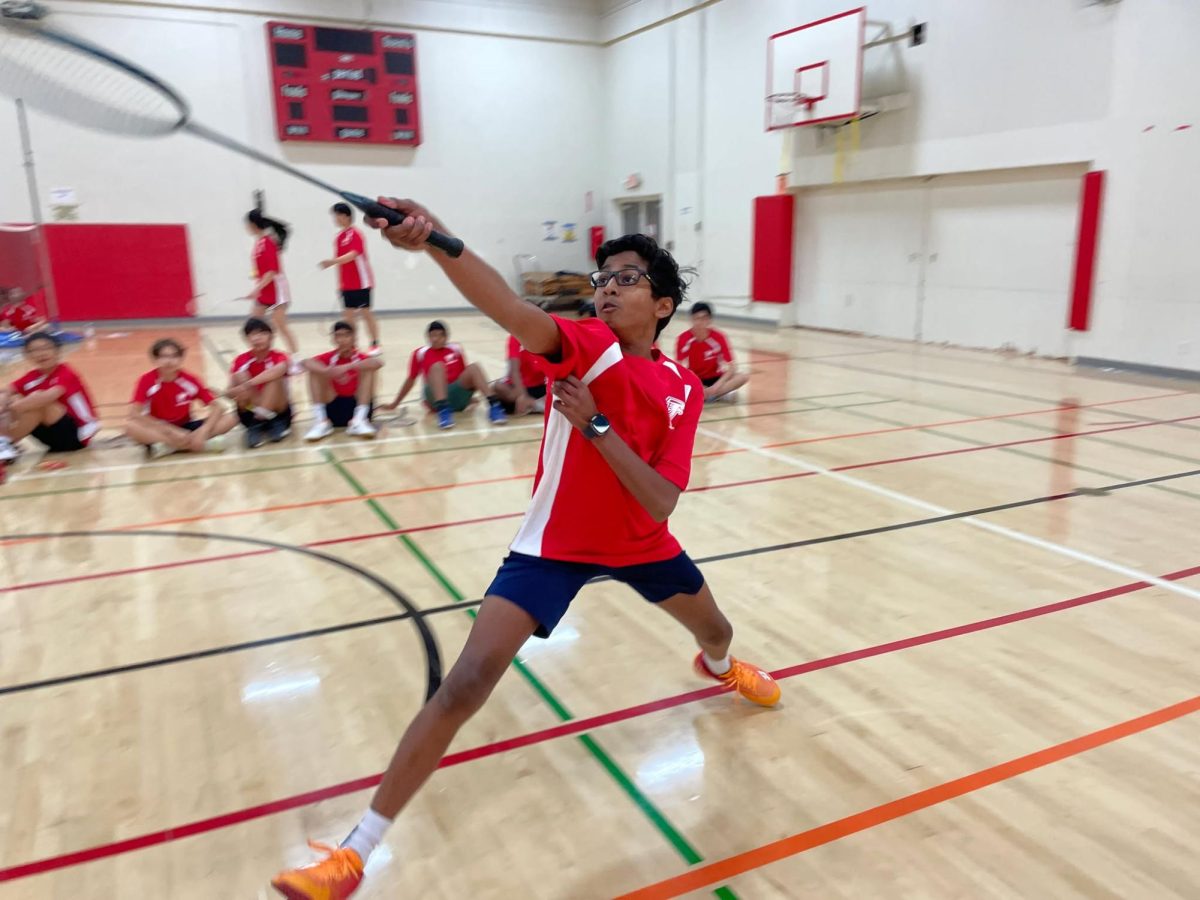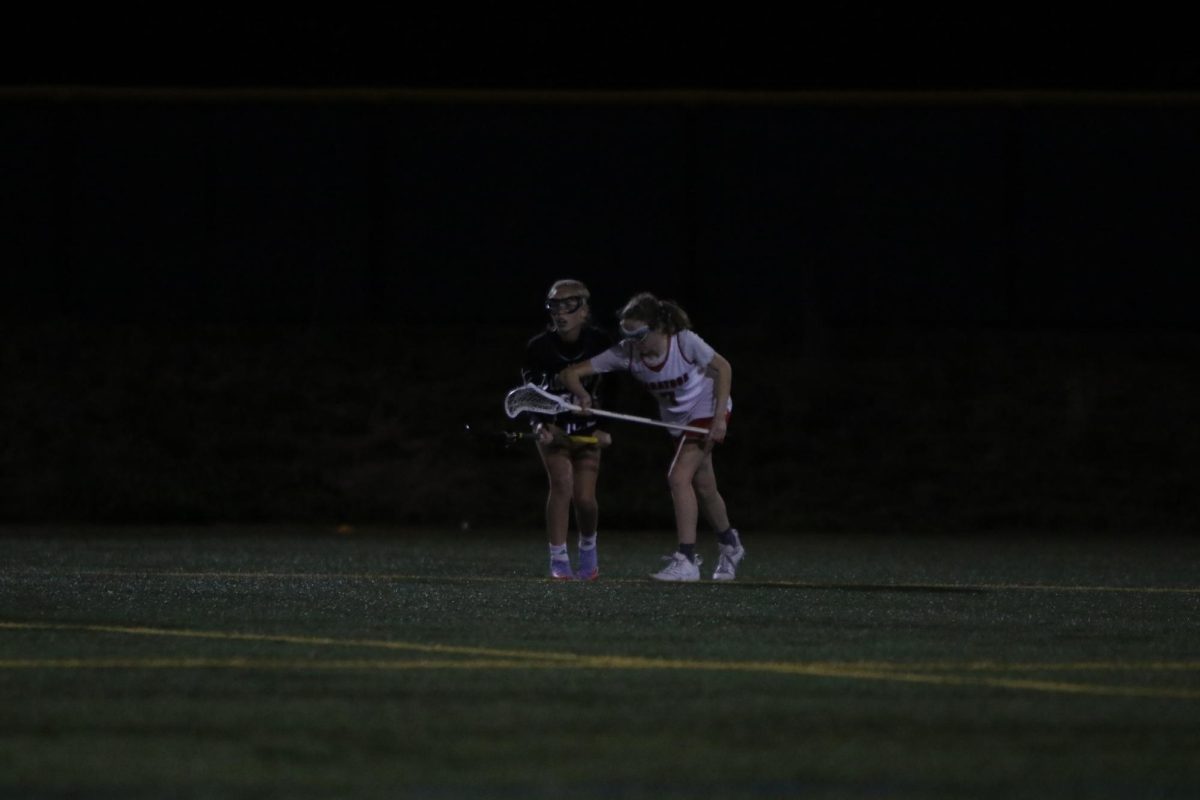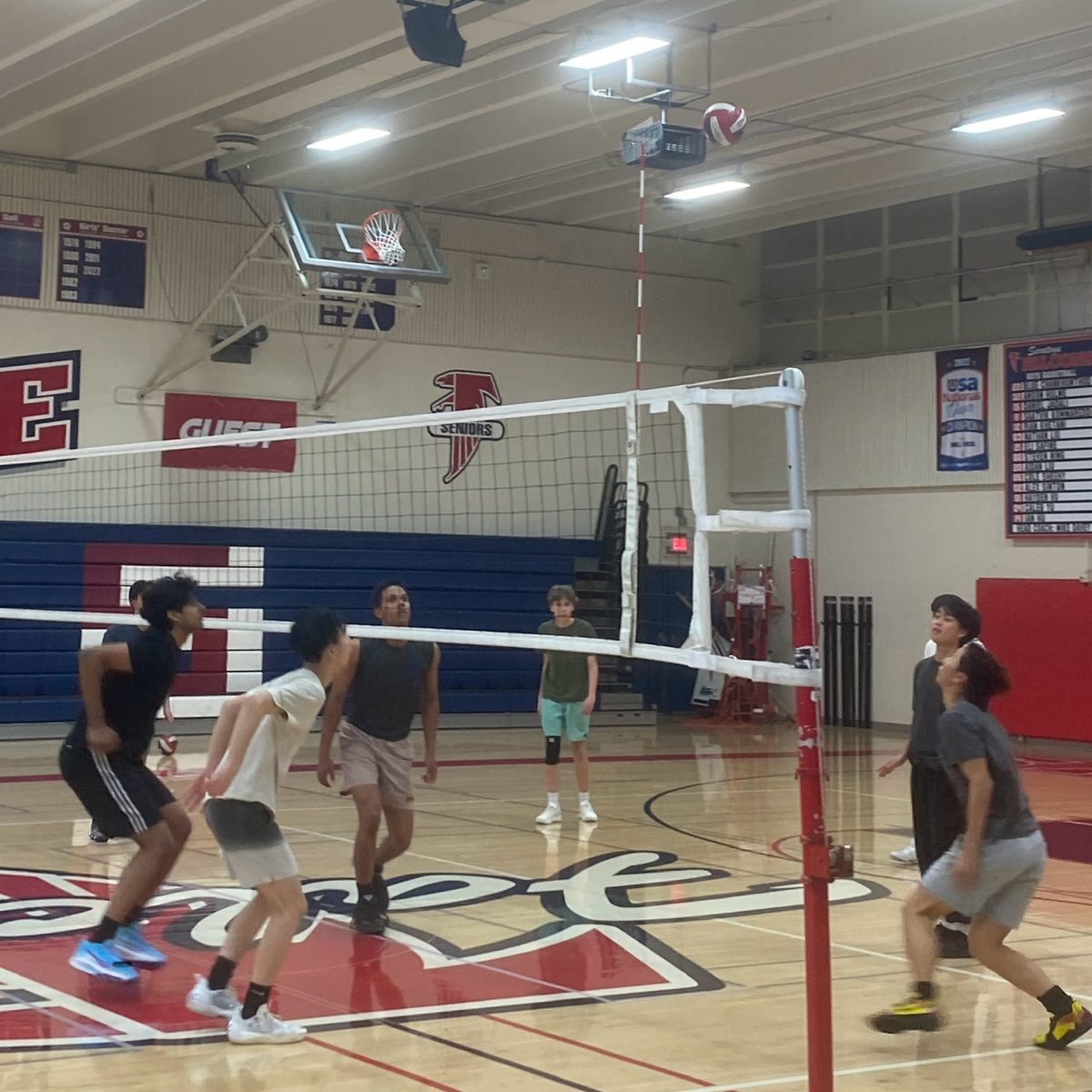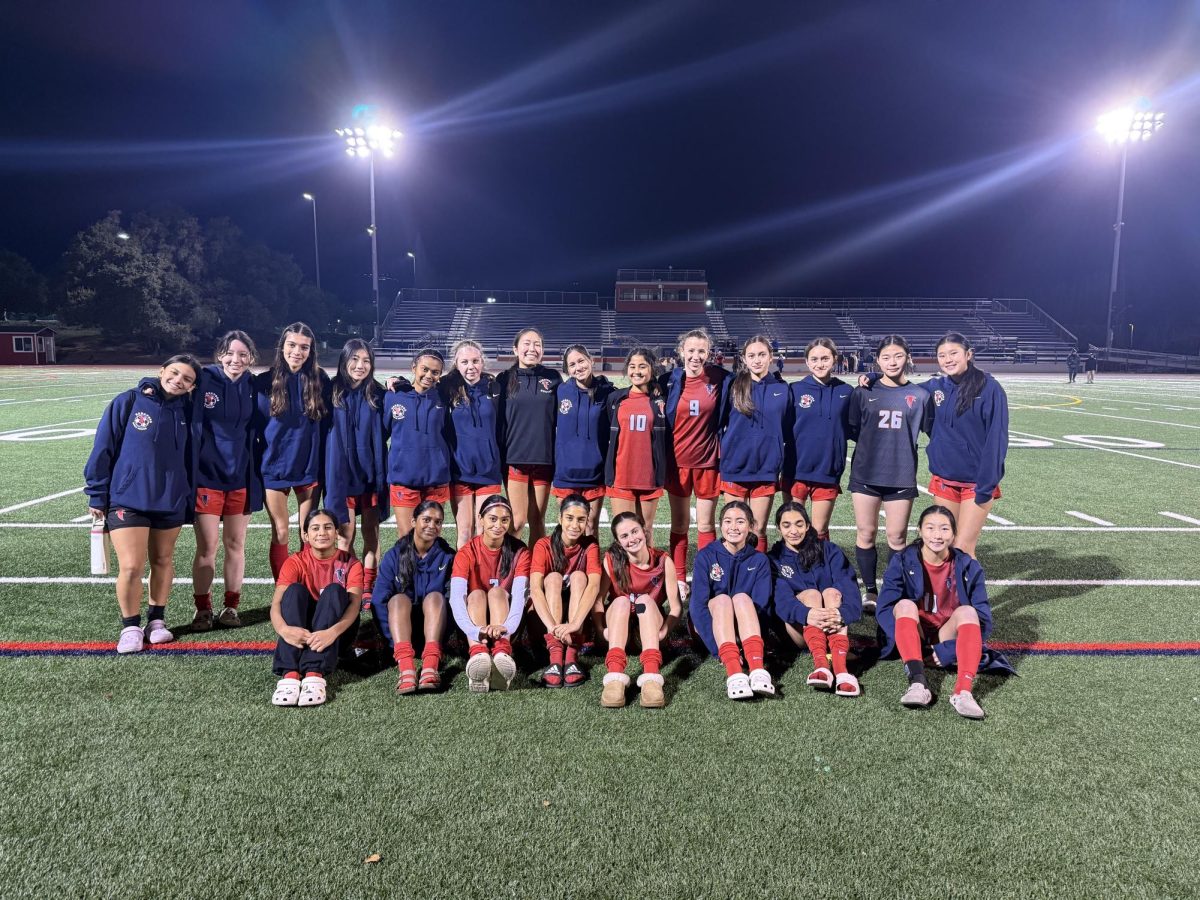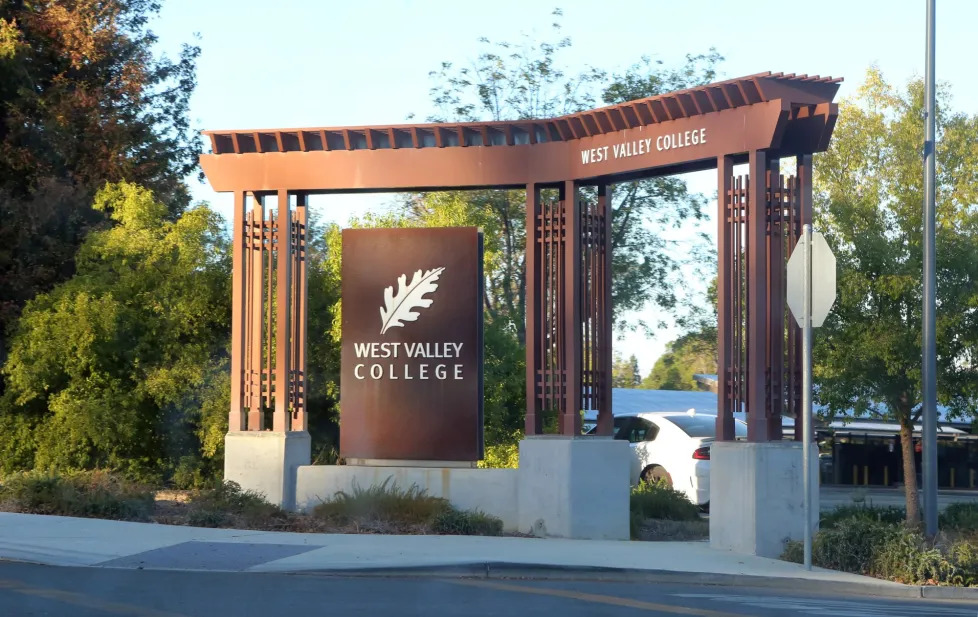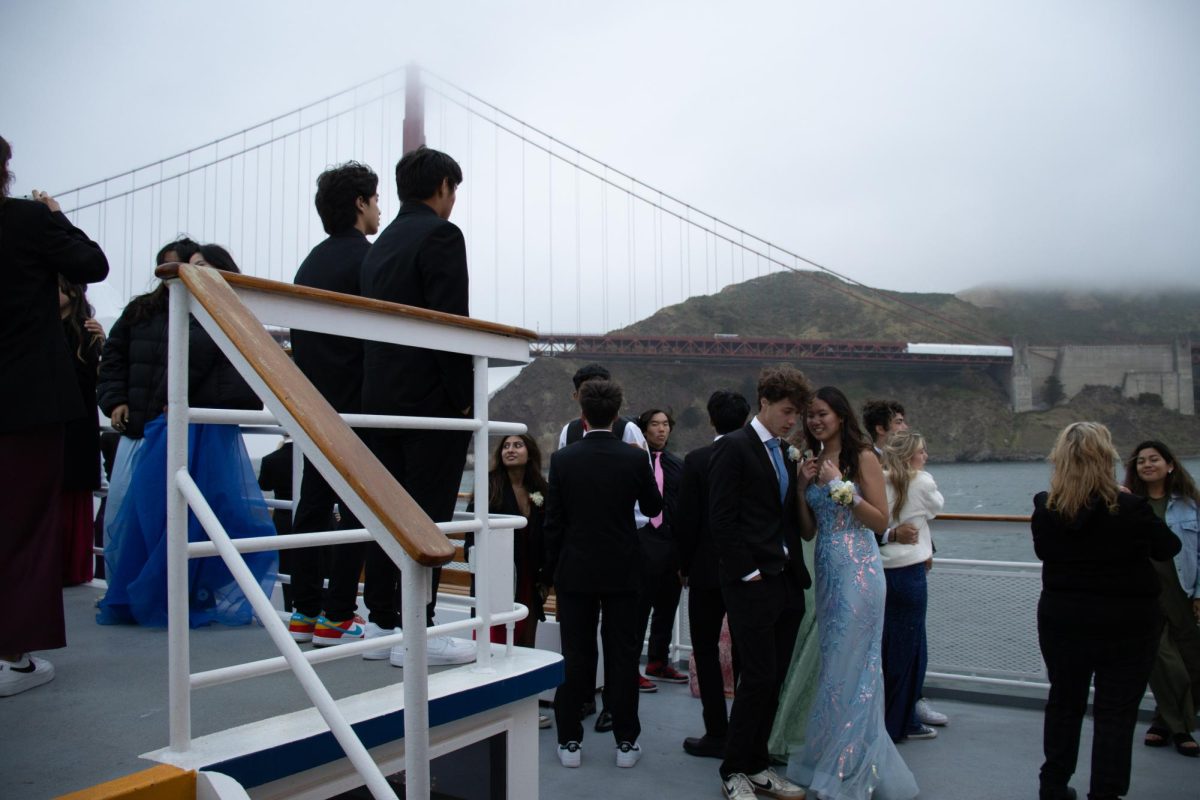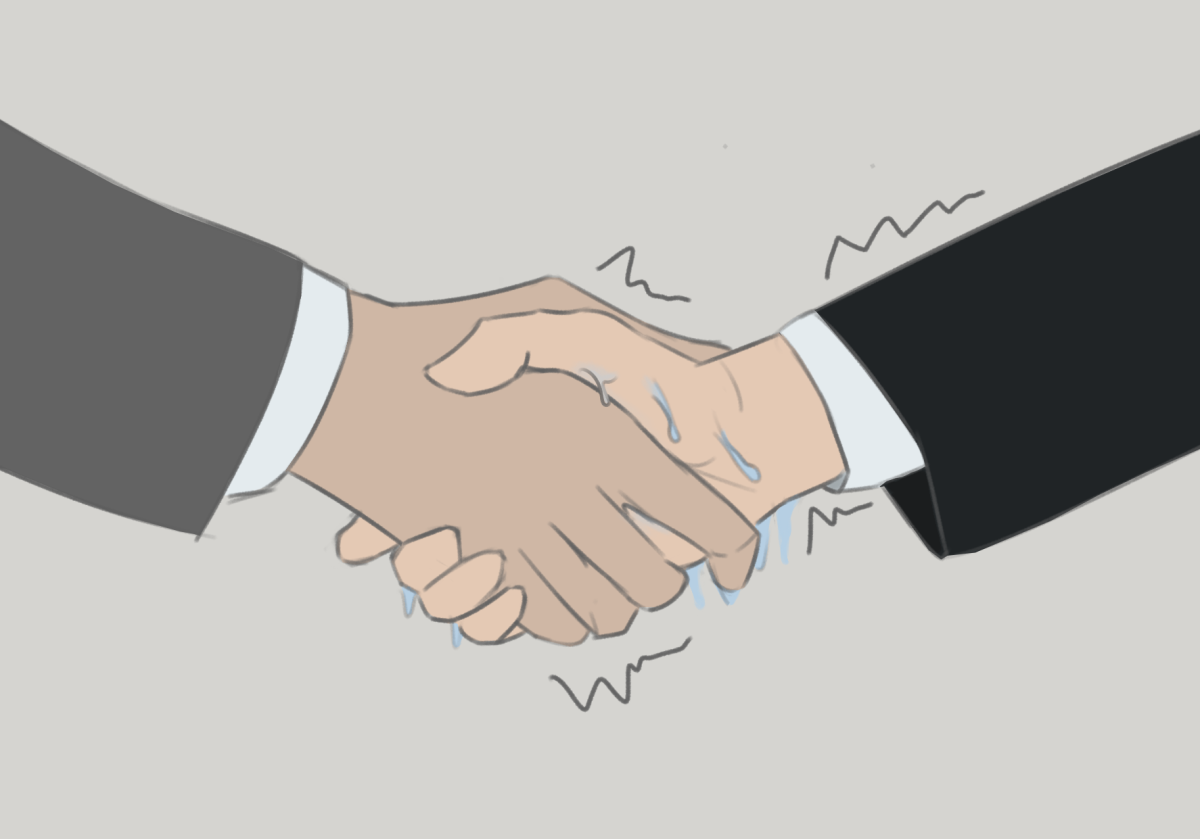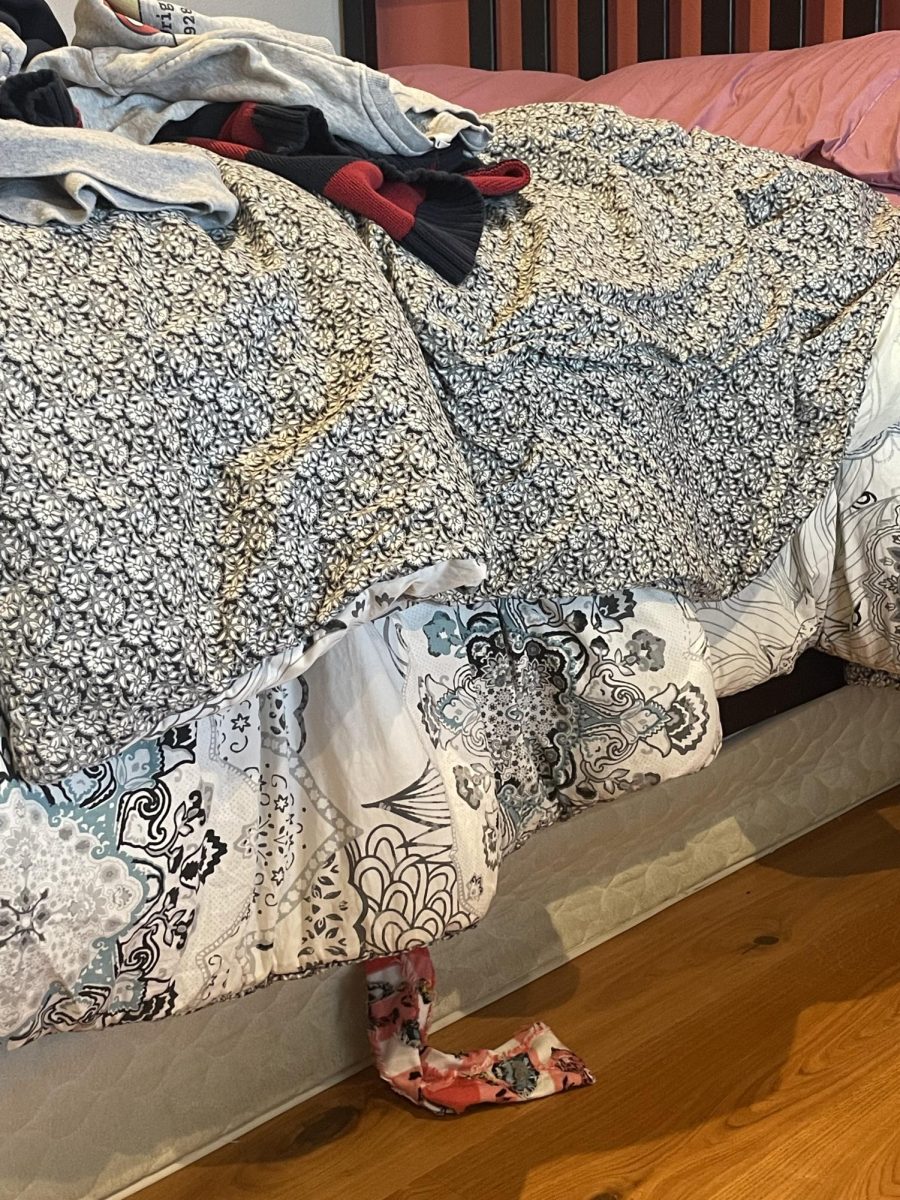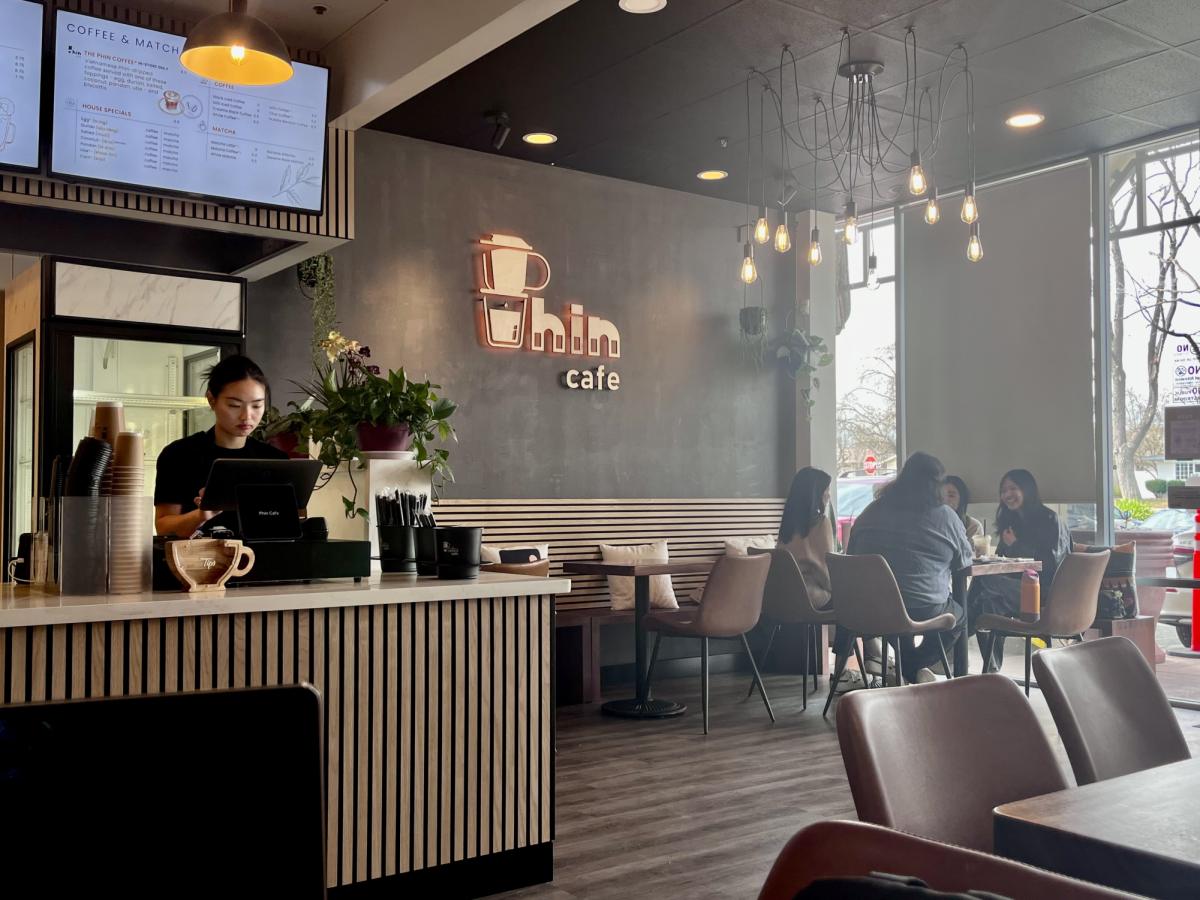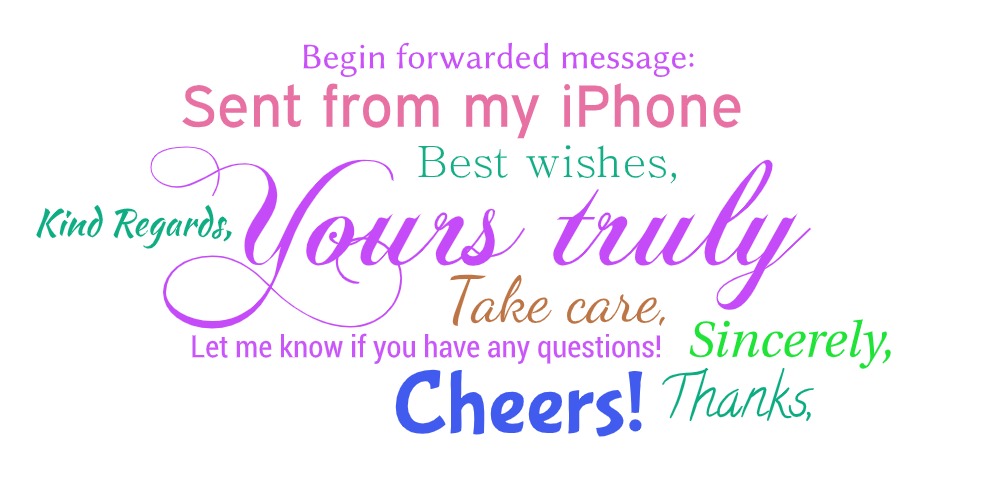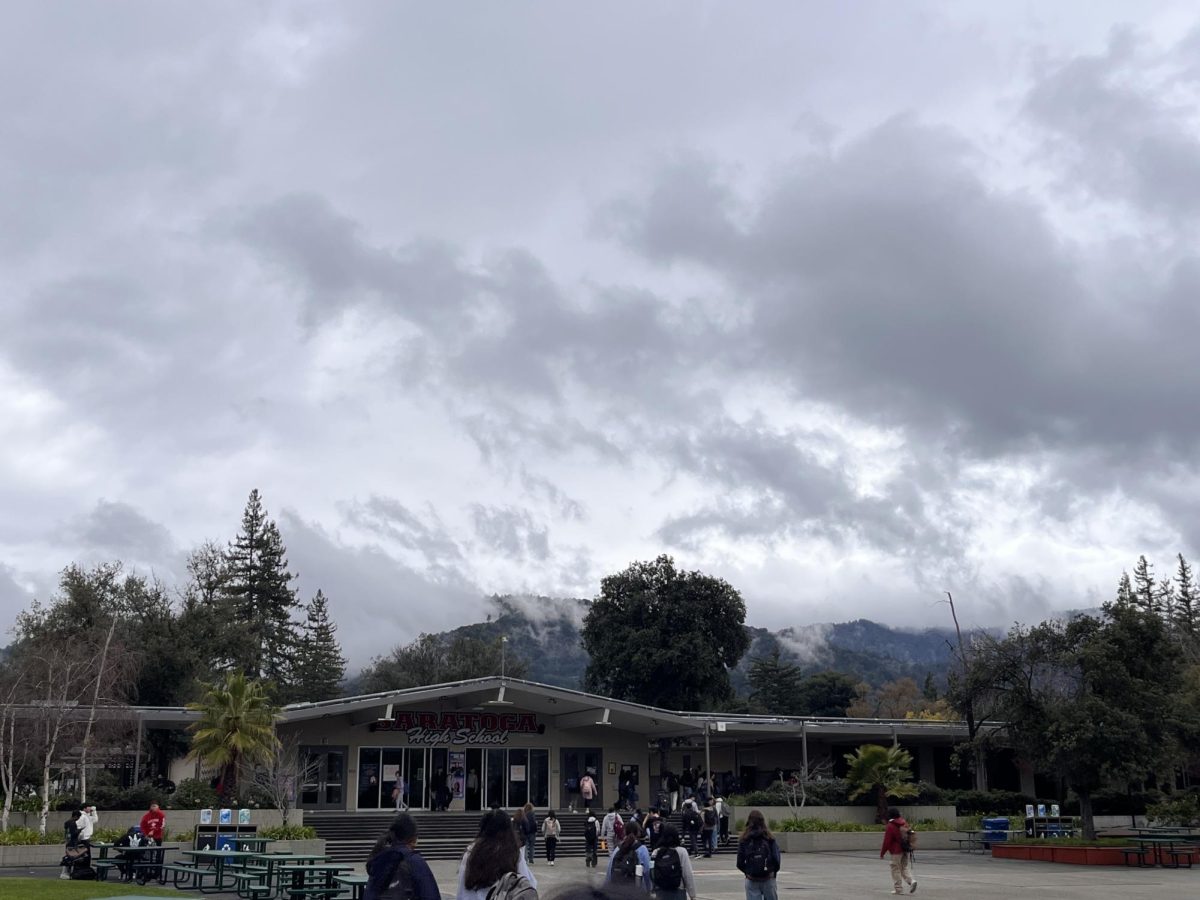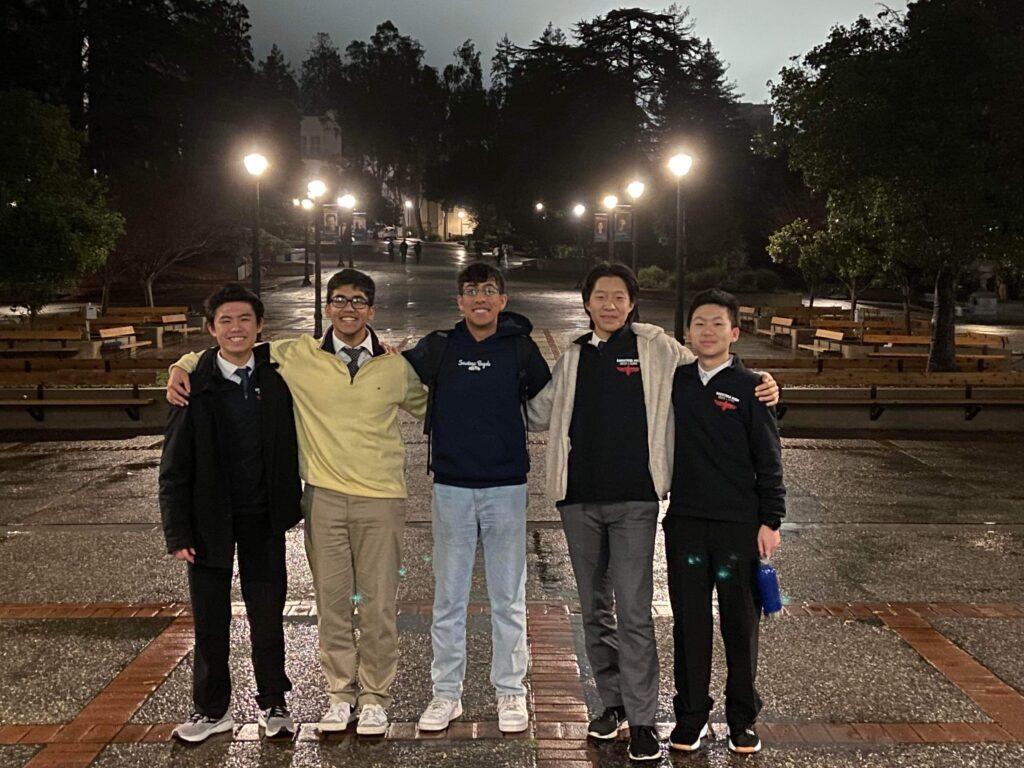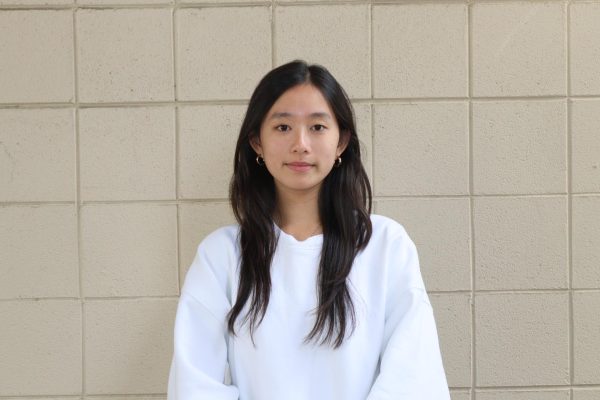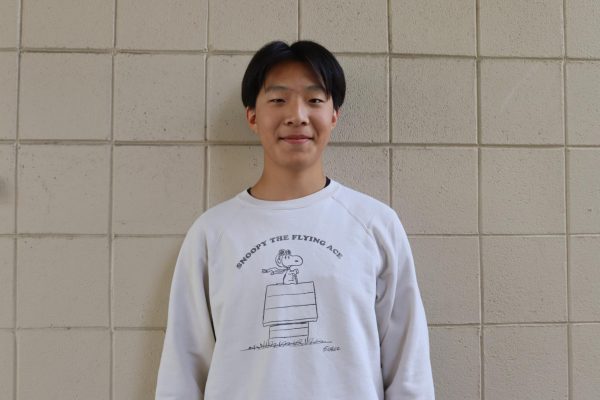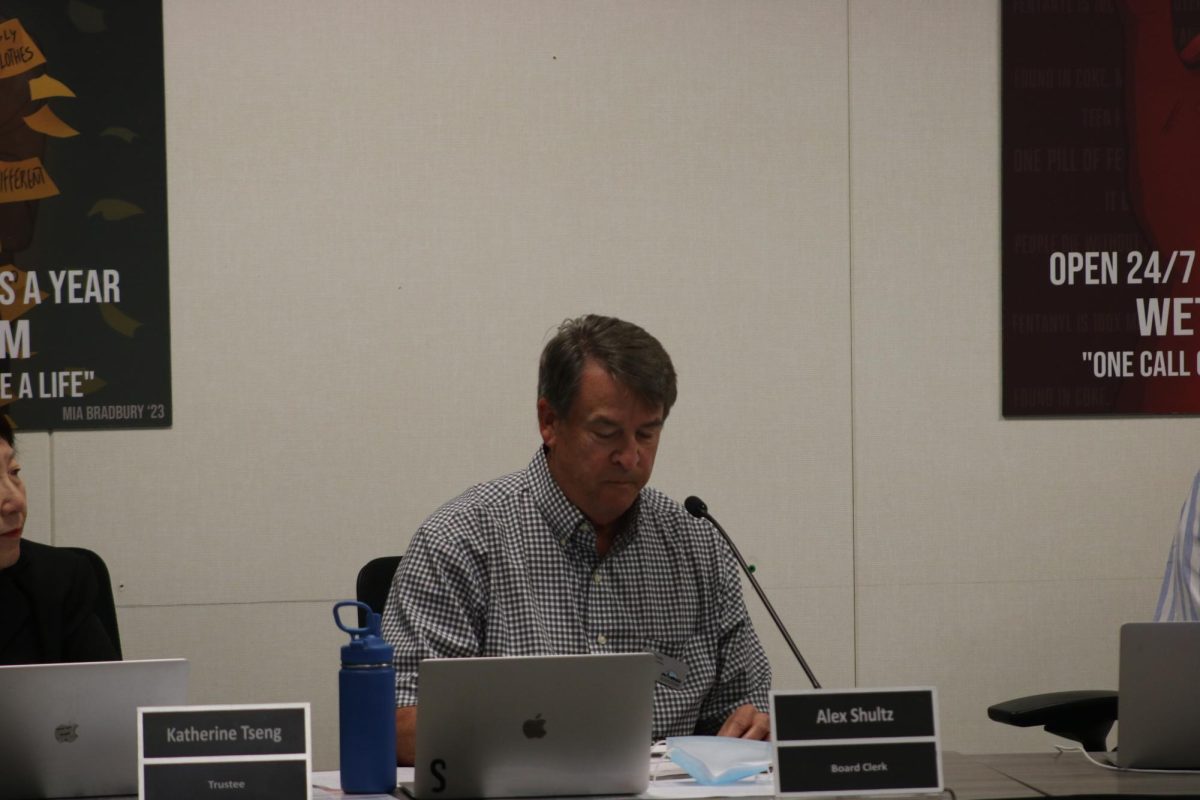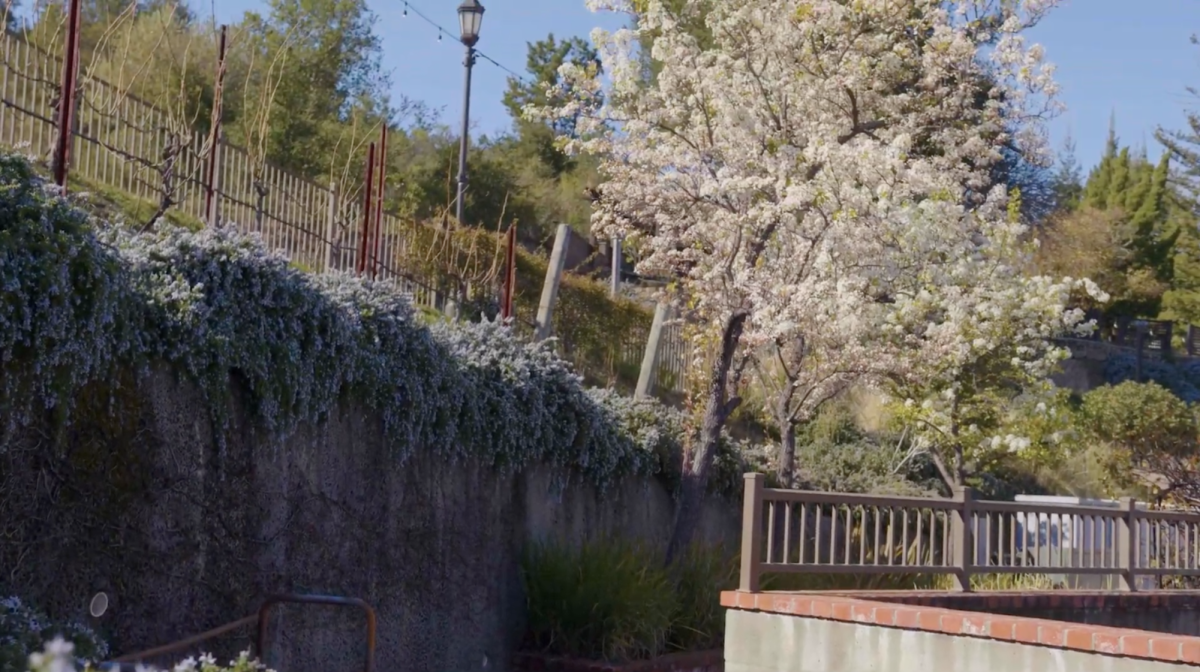As they walked out of Dwinelle Hall and into the sprawling campus of UC Berkeley, public forum partners Ashish Goswami and Leonardo Jia felt confident about their success in their third and final round of the day. After arguing for and against a ban on all single-use plastics throughout the weekend of Feb. 17-18, they had gone undefeated in the preliminary stage of the annual UC Berkeley Cal Invitational, advancing to the elimination rounds.
The two juniors eventually made it to the semifinals with an impressive streak of 3-0 wins (where all three judges voted for their side) in their double-octafinal, octafinal and quarterfinal rounds. However, they lost their semifinal round on a 0-3 ballot.
“Ultimately, our mistakes came back to bite us in the semifinals, but I’m still very happy with the way we performed, given that the Berkeley tournament brings the best from around the nation,” Goswami said.
Goswami and Jia prepared extensively for the Berkeley Invitational. As one of the main qualification tournaments for the Tournament of Champions (TOC), it saw attendance from 235 varsity public forum teams across the nation. The two debaters will attend the TOC in Lexington, Kentucky, on April 20. Sophomore Anthony Luo and junior Skyler Mao will also be there competing in public forum, and juniors Timothy Leung and Kinnera Potluri will compete in the Duo Interpretation category.
Goswami and Jia had only about a month to prepare for the Berkeley invitational topic, which was whether the federal government should ban single-use plastics. To be as prepared as possible, they did extensive research on arguments on the topic and attended other prestigious tournaments.
For instance, they attended the Stanford Invitational on Feb. 10-12 and made it to triple-octafinals. More notably, they were invited to and attended the exclusive California Round Robin on Feb. 15-16, which pitted them against 11 of the best teams in the nation.
Held at a hotel near the College Preparatory School in Oakland, the California Round Robin was hosted in conjunction with the Berkeley Invitational and consisted of 12 teams. They were split into two 6-team pods. Every team in either pod faced off against the other teams in their pod in rounds with two judges each — the teams with the most ballots made it to the elimination rounds.
Although the duo did not see great results, receiving just 2 of 10 possible ballots, they still found the experience to be more than enough to get them ready for the prestigious Berkeley Invitational the following weekend.
“Despite our results, we were able to gain insight into the topic [of banning single-use plastics] and how the Berkeley tournament would go,” Jia said. “As a result of that, we were able to prepare our arguments well and have really good preparation going into the weekend.”
Those efforts paid off, as the pair was able to win all six of their preliminary matches at Berkeley. Since those rounds only had one judge, who was often a parent or a more inexperienced judge, the two opted to speak slower in order to focus on their rhetoric and persuasive skills.
The tournament was structured with three preliminary rounds on Saturday, the other three on Sunday and all of the elimination rounds on Monday. Usually, tournaments will squeeze most preliminary rounds into the first day and run more efficiently as a whole, but the Berkeley Invitational’s massive attendance forced organizers to space everything out. As a result, many teams felt fatigued by the long, drawn-out days — which is when Goswami and Jia’s extensive experience as debate veterans took the spotlight.
“Being juniors and having been to so many in-person tournaments gave us an edge because we knew how to conserve our energy compared to some of the younger teams, who maybe haven’t debated in person as much,” Goswami said.
Moving into the elimination rounds, the two had to shift their debating style to suit more technical judges, many of whom were coaches or former debaters. As these judges were familiar with the topic and the technicalities of debate overall, the pair transitioned to faster and condensed speaking to overwhelm their opponents with arguments, in hopes of one conceding.
“We started to prepare responses to more unique arguments, which might not sound as perceptually convincing, but work on a technical level,” Jia said. “Additionally, we prepared various strategies to improve our efficiency, allowing us to [focus] on a larger amount of arguments in our case.”
However, as the day went on, the duo started to feel the effects of fatigue catching up to them. By the time the semifinal round arrived at around 5 p.m., they were exhausted and thus prone to making mistakes, some of which ended up knocking them out of the bracket.
“The biggest lesson we learned is that even though debate is a mental activity, you have to be there physically as well,” Goswami said.
Goswami and Jia said they are excited to compete at the TOC in April, but they also acknowledge how competitive and difficult it will be.
“When you go to these national tournaments, everyone is roughly about the same skill level, so the only thing that affects whether you win or lose is how you perform that one day,” Goswami said. “That’s when the tiniest things will give you an edge and lead to wins.”

